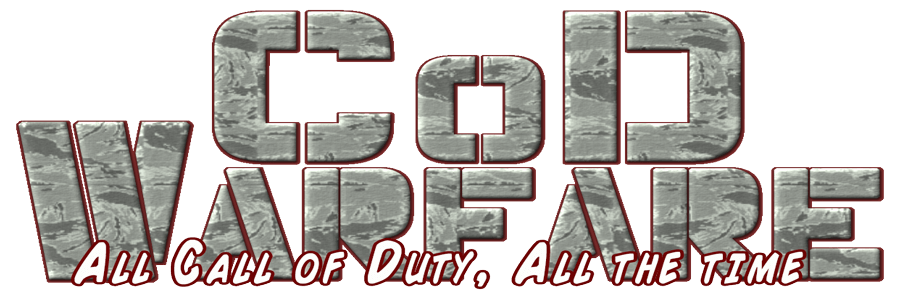What Are Anabolic Steroids?
Anabolic steroids are synthetic versions of testosterone, the male sex hormone. These drugs are classified as anabolic-androgenic steroids (AAS), where "anabolic" refers to muscle-building effects, and "androgenic" pertains to the development of male characteristics. Testosterone, the primary androgen,
plays a key role in male sexual development and is present in significantly higher levels in men and individuals assigned male at birth (AMAB) than in women or those assigned female at birth (AFAB).
______________________________________________________________
>>>>>>>>> Click Here To Buy ( Steroids ) Official Website <<<<<<<<<
Click Here To Buy:
https://washingtoncitypaper.com/art...atives-to-anabolic-steroids-for-bodybuilding/
_____________________________________________________________
Doctors commonly prescribe anabolic steroids for male hypogonadism (low testosterone), but they are also used to treat other conditions such as certain cancers, AIDS-related muscle wasting, and delayed puberty. However, anabolic steroids are also frequently misused by athletes, bodybuilders, and others seeking to enhance performance or improve physical appearance. In fact, approximately 3 to 4 million Americans use anabolic steroids for nonmedical purposes, making them the most widely used appearance- and performance-enhancing drugs (APEDs).
How Do Anabolic Steroids Work?
Anabolic steroids work by activating androgen receptors throughout the body, mimicking the effects of natural testosterone. In medical treatment, anabolic steroids can:
- Restore testosterone levels in individuals with low testosterone, helping them regain normal hormone balance.
- Treat certain cancers (e.g., estrogen receptor-positive breast cancer) by reducing estrogen levels, which cancer cells use to grow.
- Increase muscle mass and strength in individuals suffering from muscle wasting due to conditions like cancer or AIDS by boosting the number of androgen receptors in skeletal muscle.
Anabolic steroids are available in several formats, including:
- Oral pills or tablets
- Injectable forms
- Topical creams or gels
- Skin patches
- Implantable pellets
Some widely prescribed anabolic steroids include:
- Danazol (Danocrine®)
- Fluoxymesterone (Androxy®, Halotestin®)
- Mesterolone (Proviron®)
- Methyltestosterone (Android®, Methitest®)
- Nandrolone Decanoate (Deca-Durabolin®)
- Oxandrolone (Oxandrin®)
- Testosterone injections (Depo-Testosterone®, Aveed®, Delatestryl®)
- Testosterone patches (Androderm®)
- Testosterone nasal gel (Natesto®)
Steroids vs. Anabolic Steroids
It’s important to differentiate between anabolic steroids and corticosteroids. Corticosteroids, commonly prescribed to treat inflammation, closely resemble cortisol, a hormone produced by the adrenal glands, and are used much more frequently than anabolic steroids. Anabolic steroids, on the other hand, are designed to mimic testosterone or other androgens, affecting muscle growth and male characteristics.
Approved Medical Uses for Anabolic Steroids
The FDA has approved specific anabolic steroids for the treatment of various conditions, including:
- Primary male hypogonadism (low testosterone)
- Hypogonadotropic hypogonadism (a type of low testosterone due to issues with the pituitary gland or hypothalamus)
- Delayed puberty in individuals assigned male at birth (AMAB)
- Certain types of breast cancer in women and individuals AFAB
- Osteoporosis and endometriosis
- Bone marrow stimulation in leukemia
- Aplastic anemia
- Muscle mass stimulation in individuals with AIDS or certain cancers
- Appetite stimulation in malnourished individuals
The misuse of anabolic steroids is typically motivated by the desire to increase muscle mass and enhance physical appearance, particularly in weightlifters and bodybuilders. This misuse often leads to muscle dysmorphia, a psychological disorder where individuals obsess over the idea of not being muscular enough.
Athletes also misuse steroids to gain strength, improving performance in sports that rely on muscle power. The desire to achieve an idealized body image or boost athletic performance drives a significant portion of anabolic steroid abuse.
Side Effects of Anabolic Steroids
The side effects of anabolic steroids can vary depending on the type and dosage, but common risks include:
- Acne and oily skin
- Swelling in the ankles due to fluid retention
- Prostate stimulation, leading to urinary issues
- Gynecomastia (breast enlargement or tenderness) in males and AMAB individuals
- Decreased breast size in females and AFAB individuals
- Worsening of sleep apnea
- Testicular shrinkage
- Menstrual irregularities and vaginal dryness in women
- Increased risk of cardiovascular problems, including high blood pressure and heart disease
Conclusion
Anabolic steroids can be highly effective in treating specific medical conditions, but they are often misused by individuals looking to enhance their physical appearance or athletic performance. Misuse of these drugs can lead to serious health complications, both physical and psychological. It's crucial to understand the risks involved and use anabolic steroids only under the guidance of a healthcare provider. If you are considering using anabolic steroids for any reason, consult a doctor to fully understand the potential benefits and dangers associated with these substances.









